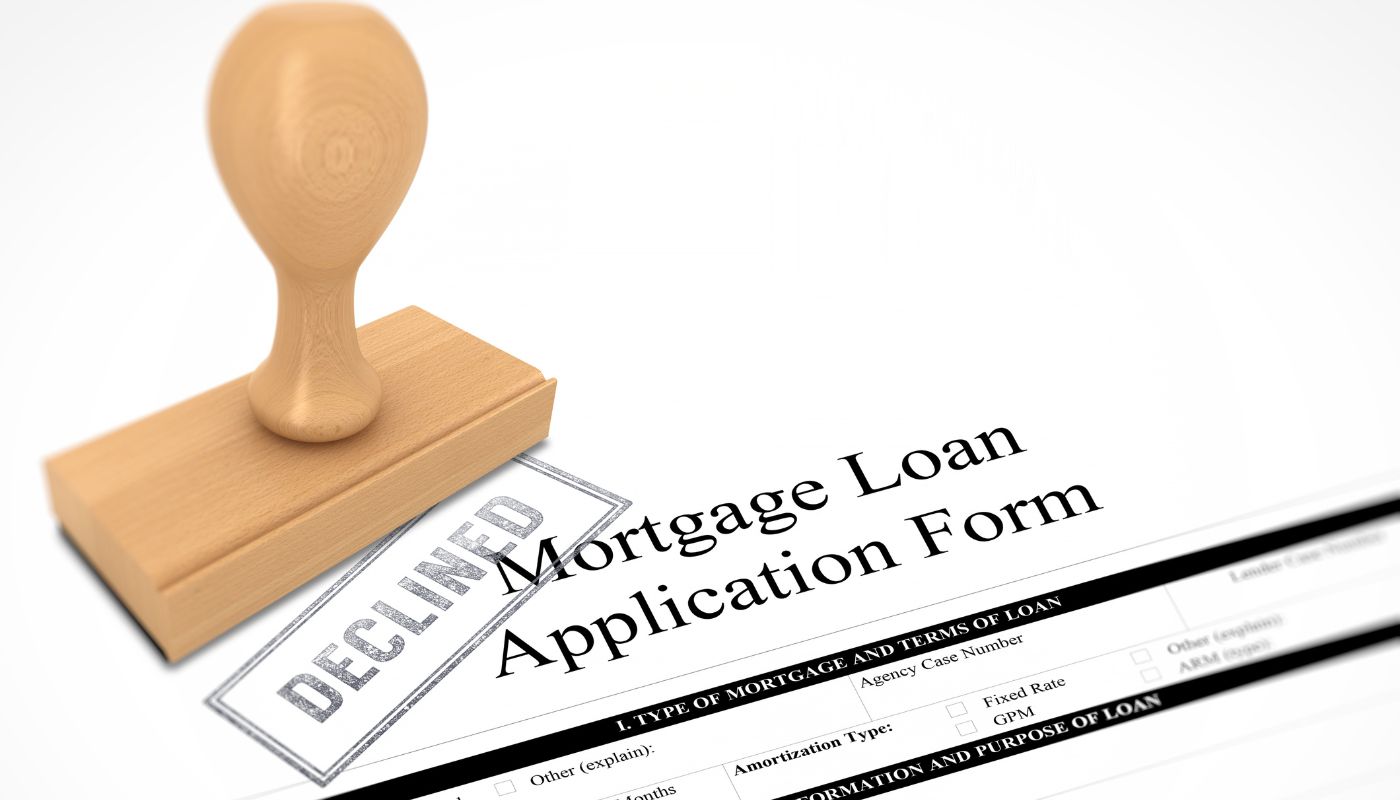What’s Ahead For Mortgage Rates This Week – October 30, 2023
 This week’s most significant data offered preliminary numbers for manufacturing and services PMI (Purchasing Managers Index). Both can serve as a forward indicator for the economy while providing insight into the current state of the cost of living for the service industry. While manufacturing met an expected rise for the end of October, services saw a contraction, falling to 46.6 from 49.3. Readings below 50.0 can be a sign of a downturn for the economy, particularly given the time of the year.
This week’s most significant data offered preliminary numbers for manufacturing and services PMI (Purchasing Managers Index). Both can serve as a forward indicator for the economy while providing insight into the current state of the cost of living for the service industry. While manufacturing met an expected rise for the end of October, services saw a contraction, falling to 46.6 from 49.3. Readings below 50.0 can be a sign of a downturn for the economy, particularly given the time of the year.
Mortgage Applications & Rates Indices
MBA Mortgage Applications Index saw a reduction of -1.0% in applications for the week, with rates once again increasing again week over week.
Primary Mortgage Market Survey Index
- 15-Yr FRM rates are seeing a week-to-week increase by 0.11% with the current rate at 03%.
- 30-Yr FRM rates are seeing a week-to-week increase by 0.16% with the current rate at 79%
MND Rate Index
- 30-Yr FHA rates increased week to week with a -0.08% decrease for this week. Current rates at 32%
- 30-Yr VA rates increased week to week with a -0.11% decrease for this week. Current rates at 33%
Personal Income & Spending
Personal income increased $77.8 billion (0.3 percent at a monthly rate) in September, according to estimates released today by the Bureau of Economic Analysis (table 2 and table 3). Disposable personal income (DPI), which is personal income less personal current taxes, increased $56.1 billion (0.3 percent), and personal consumption expenditures (PCE) increased $138.7 billion (0.7 percent).
- The PCE price index increased 0.4 percent.
- Excluding food and energy, the PCE price index increased 0.3 percent.
Key point: Personal income increased in September and spending accordingly rose, moving into October. This increase in income and spending is expected moving into the Holiday season. This is a strong sign for the Advanced GDP numbers for the remainder of the year.
Job Claims
Those who applied for unemployment benefits last week fell to a nine-month low of 188,000, subverting expectations that layoffs would rise as the U.S. interest rates continued to increase.
Initial Claims were 210,000 compared to the expected claims of 210,000. The prior week was at 211,000.
What’s Ahead
This week’s scheduled economic reports include ISM manufacturing data, S&P U.S. Manufacturing PMI, and Job Openings. The stronger data points of U.S. non-farm payrolls are coming at the end of the week on Friday.

 If you have been declined for a mortgage, you may think that buying that new home is out of reach. However, there are ways to turn a rejection into an approval and to find a more accessible loan. Here are just a few steps you can take to learn about your loan options and get the mortgage that works for you.
If you have been declined for a mortgage, you may think that buying that new home is out of reach. However, there are ways to turn a rejection into an approval and to find a more accessible loan. Here are just a few steps you can take to learn about your loan options and get the mortgage that works for you. “No-deposit” mortgage deals for first-time buyers refer to mortgage options that allow buyers to purchase a home without having to put down a deposit or a down payment. Here are the pros and cons of such deals:
“No-deposit” mortgage deals for first-time buyers refer to mortgage options that allow buyers to purchase a home without having to put down a deposit or a down payment. Here are the pros and cons of such deals: